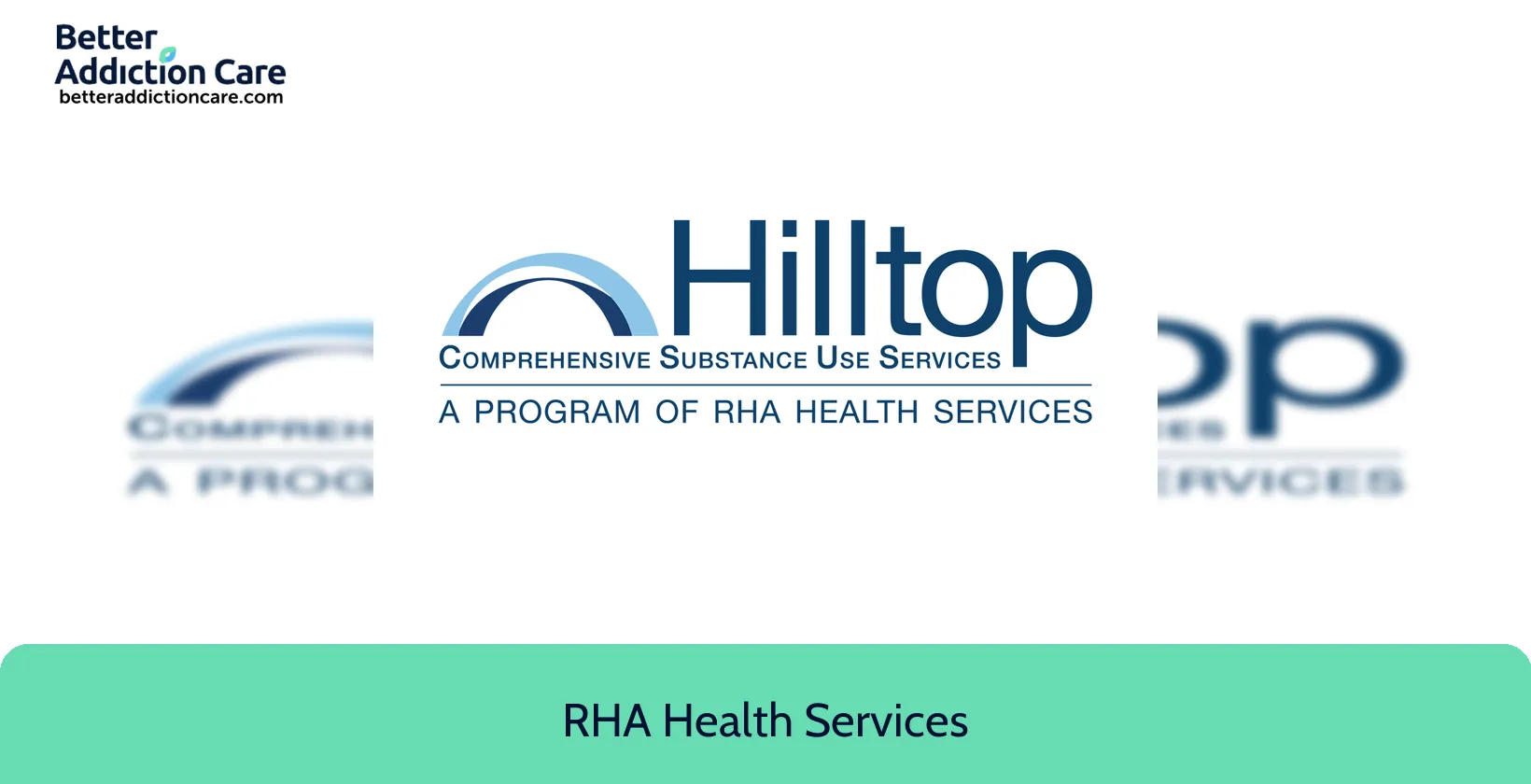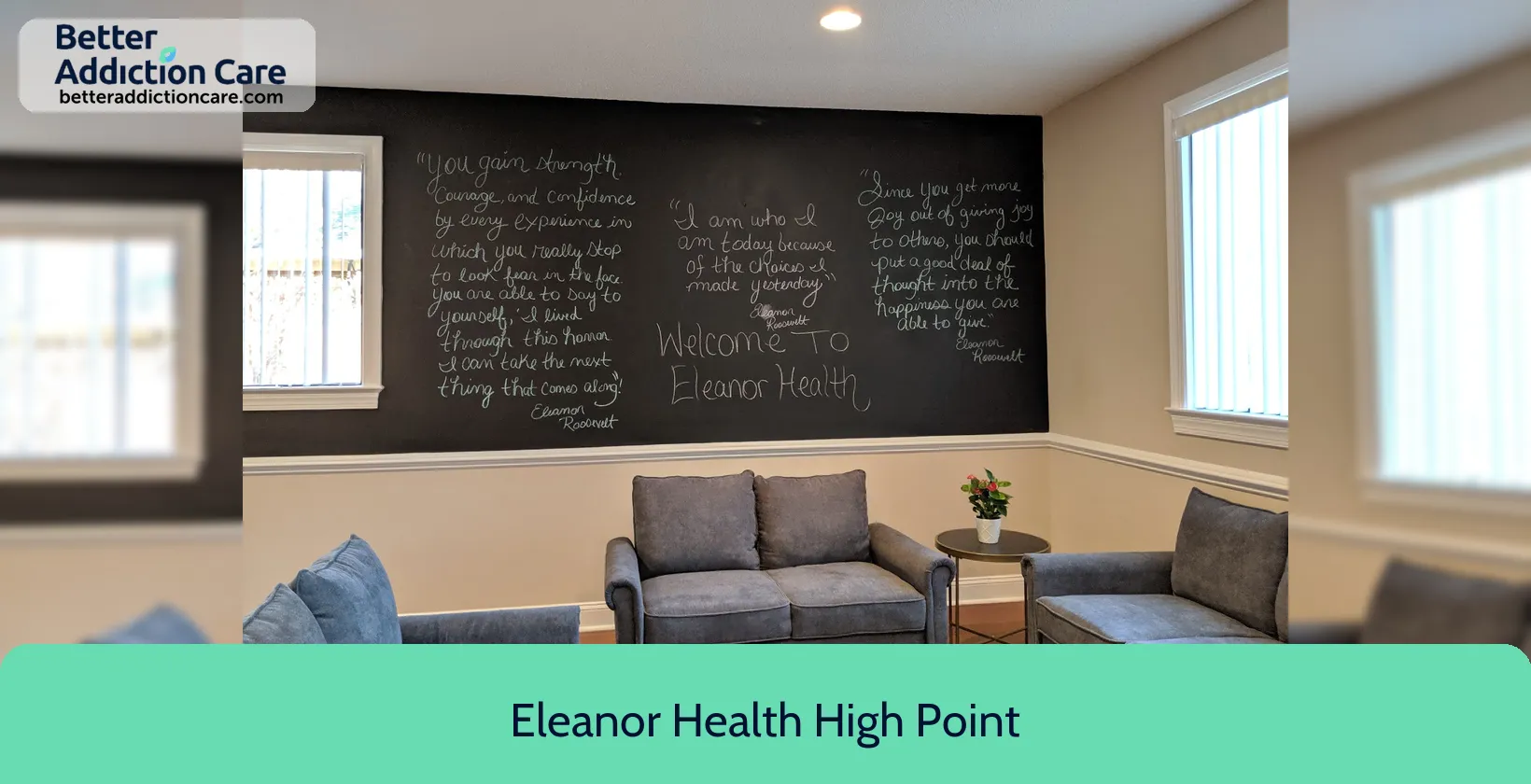Continuum Care Services

Overview
Continuum Care Services is a substance abuse treatment center for people seeking treatment near Guilford County. As part of their treatment modalities for recovery, Continuum Care Services provides smoking/vaping/tobacco cessation counseling, group counseling, and family counseling during treatment. Continuum Care Services is located in High Point, North Carolina, accepting medicaid for treatment.
Continuum Care Services at a Glance
Payment Options
- Medicaid
- Medicare
- Cash or self-payment
Assessments
- Screening for tobacco use
- Comprehensive mental health assessment
- Comprehensive substance use assessment
- Outreach to persons in the community
- Screening for substance use
Age Groups
- Seniors or older adults
- Young adults
- Adults
- Seniors
Ancillary Services
- Case management service
- Mental health services
- Social skills development
Highlights About Continuum Care Services
6.62/10
With an overall rating of 6.62/10, this facility has following balanced range of services. Alcohol Rehabilitation: 8.00/10, Drug Rehab and Detox: 6.00/10, Insurance and Payments: 6.00/10, Treatment Options: 6.49/10.-
Alcohol Rehabilitation 8.00
-
Treatment Options 6.49
-
Drug Rehab and Detox 6.00
-
Insurance and Payments 6.00
Accreditations
The Joint Commission:

The Joint Commission's addiction and behavioral health accreditation signifies a facility's commitment to high-quality care. It involves rigorous evaluations and assessments of clinical practices, ensuring effective, evidence-based treatment. Accreditation showcases a dedication to continuous improvement and patient safety, instilling trust among patients, families, and healthcare professionals. It's a mark of excellence in addiction and behavioral health care.
Treatment At Continuum Care Services
Treatment Conditions
- Alcoholism
- Substance use treatment
Care Levels
- Outpatient
- Regular outpatient treatment
Treatment Modalities
- Smoking/vaping/tobacco cessation counseling
- Group counseling
- Family counseling
- Intervention Services
- Individual psychotherapy
Ancillary Services
Additional Services
- Pharmacotherapies administered during treatment
- Housing services
- Drug or alcohol urine screening
Special Programs
- Clients with co-occurring mental and substance use disorders
- Clients with HIV or AIDS
- Clients who have experienced trauma
- Clients who have experienced intimate partner violence, domestic violence
Get Help Now
Common Questions About Continuum Care Services
Contact Information
Other Facilities in High Point

6.92

6.56

7.14

6.77

6.80

7.65
DISCLAIMER: The facility name, logo and brand are the property and registered trademarks of Eleanor Health High Point, and are being used for identification and informational purposes only. Use of these names, logos and brands shall not imply endorsement. BetterAddictionCare.com is not affiliated with or sponsored by Eleanor Health High Point.
